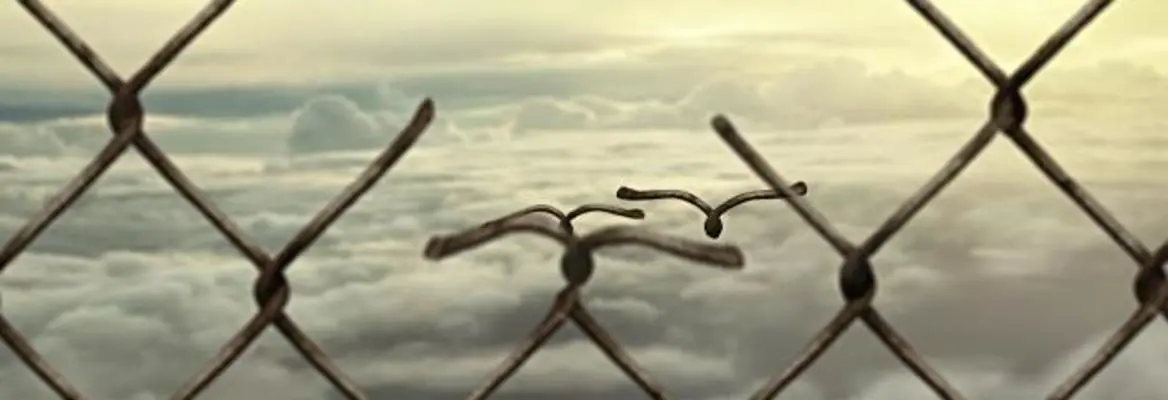Over the past century, many human freedoms have expanded. But even as people living under the tyrannies of the communist world or the alien rule of colonialism have secured a greater measure of liberty, one freedom has been noticeably diminished. The freedom in question is freedom of movement.
It would be an exaggeration to say that it is now entirely lost. Indeed some – particularly the richest among us – may even have enhanced their ability to travel, and today enjoy a greater opportunity to settle wherever they choose. But for most people that freedom is much reduced. And for the poorest or most desperate it is almost gone – unless they choose to risk their lives and the pitiless justice of the law to cross borders of states they have no right to enter. We live in a world in which more people traverse borders than ever before – last year more than 360 million people entered the United States alone – but we also live in a world in which movement is more tightly controlled than at any time in human history. Even the European Union, which prides itself on its commitment to freedom of movement, guards its external boundaries with a ferocious vigilance that belies its philosophical principles.
This condition is the source of the most contentious and divisive question in modern times. The issue of immigration has the capacity to bring down government, provoke secession, and transform the ideological landscape in a way that cuts across normal divisions of party politics. The idea that we might return to a world of freer movement, let alone of open borders, is widely regarded as dangerously anarchistic by its enemies and wildly utopian by most of its friends.
There is a little truth in each of these charges. But only a little. What I’d like to suggest is that to return to a world of more open borders is indeed to invite in a little anarchy – but to a desirable rather than a dangerous degree. And while the prospect of opening up borders might be utopian, it is plausibly utopian. The wild and dangerous path we have more reason to fear is not the return to greater freedom of movement but the move toward greater and greater social control, which threatens much more of our freedom than we realise.
___
"There has to be a little anarchy if we are to enjoy a little freedom"
___


















Join the conversation